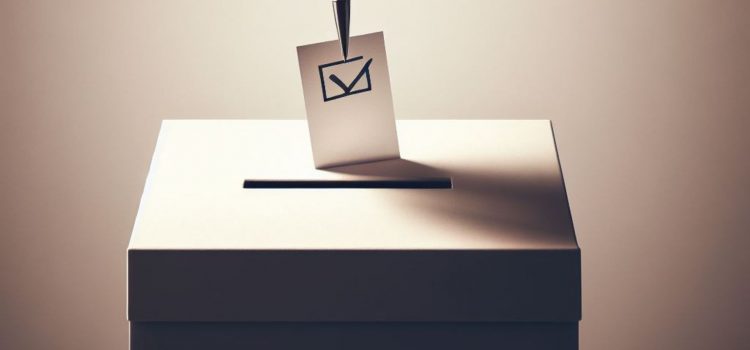Do you know how to avoid regret? What is the best way to break bad habits that cause it? To avoid regret, recognize and fix bad habits before they grow and develop further. Bad habits lead to the worst regret because they’re decisions that we make repeatedly over time. Keep reading to see why forming good habits is so important.
How to Avoid Regret By Building Good Habits










